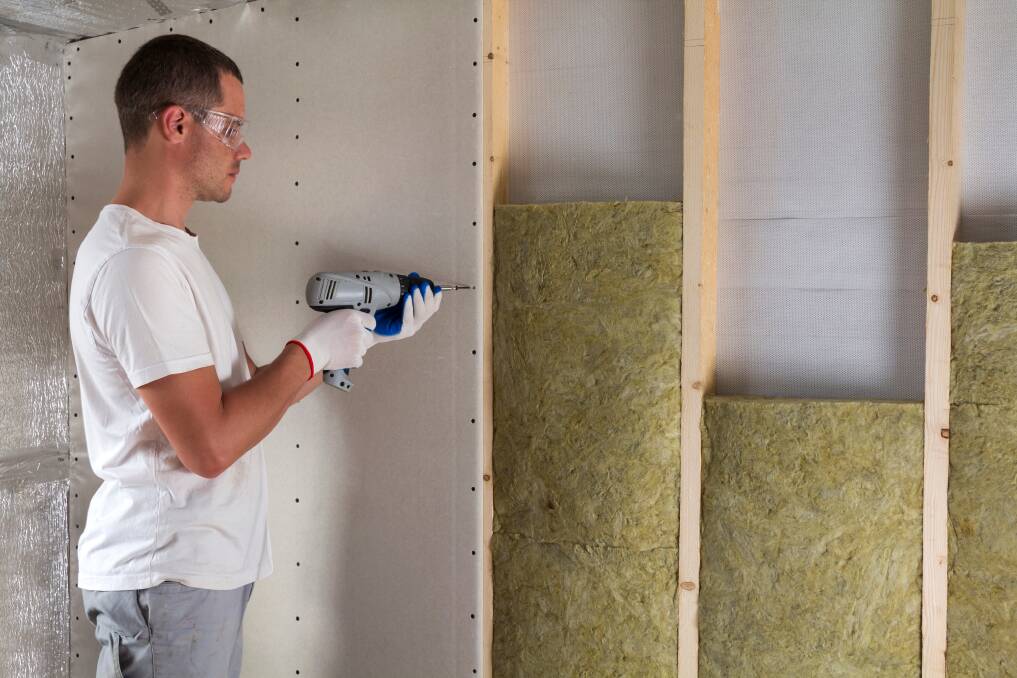
The economic shocks caused by coronavirus have left many people doing it tough. In regional Victoria, where I live, we've seen the impacts already beginning to bite as unemployment rises and belts start to tighten. And with winter upon us, and more people working from home than ever before, household heating systems are getting a workout this year.
Subscribe now for unlimited access.
or signup to continue reading
But what if turning on the heating meant going without another essential item, like food? Energy poverty is a growing problem in Australia. It affects vulnerable people, particularly the elderly, young people and other people living on low incomes. That's why energy efficiency is so important. It helps to keep houses warm and power bills low, and helps to protect families from energy financial stress.
Some simple energy efficiency measures that create huge cost savings and health benefits include installing insulation, draught-proofing, double-glazed windows and using energy efficient appliances for lighting and heating.
Of course, none of this comes cheaply, and an efficiency overhaul is often well beyond the means of the low-income families that need it most.
There are 1.1 million low-income Australian households, including many older people with health risks, that own their own home but do not have the disposable income to improve their home's energy performance. That's where state and federal governments come in. Energy efficiency incentive and support schemes are crucial to helping people to keep power costs down and improve health and wellbeing.
A lot of government-funded programs to date have focused on subsidising solar systems, which are great for reducing energy bills but do little to increase thermal comfort of existing homes. Now we need a similar approach to make homes more energy efficient.
The evidence tells us it works. Success stories include the ACT's Energy Efficiency Upgrade scheme, which has helped households in the ACT save a staggering $240 million on energy. And there's an added benefit - quick creation of thousands of much-needed jobs in retrofitting, installation and maintenance.
A number of organisations, including social and property organisations, businesses and councils have called on the federal and state governments to support energy efficient and solar installations on low-income houses to boost the economy. Such a program could quickly create more than 60,000 jobs in training, auditing, installation, manufacturing and local retail.
It's a win-win; households save on energy during a time when money is tight, keep warm and healthier during winter and jobs are created right across the country. It's time for our leaders to help Australia towards an energy efficiency boom.
- Rob Law is director of the Central Victorian Greenhouse Alliance

